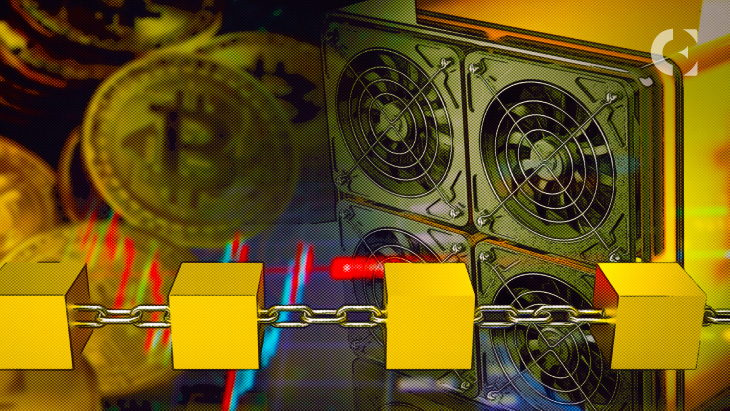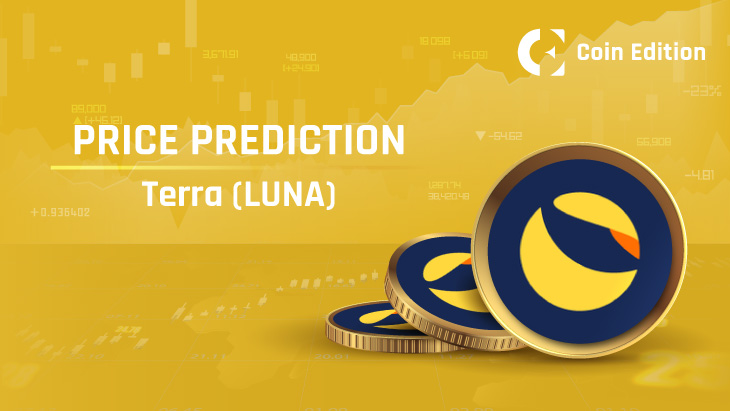- A report by the White House claims that crypto mining causes greenhouse gas emissions.
- The judgment comes from the rise in energy consumption during crypto mining.
- If the miners fail to take necessary actions, the crypto industry could face consequences in the US.
A recent report by the White House Office of Science and Technology Policy attempts to create awareness among the authorities regarding the greenhouse gas emissions caused by crypto-asset mining. In light of these findings, the U.S. congress could reconsider its policies regarding crypto-asset mining if visible results are not seen in due course.
Consequently, The White House advised that The Energy Information Administration and other federal agencies should consider collecting information from crypto-asset miners and other utilities in a privacy-preserving manner to provide evidence-based decisions. The judgment comes amid the rise in energy consumption during crypto mining.
The report states:
Electricity usage from digital assets contributes to greenhouse gas emissions, additional pollution, noise, and other local impacts, depending on markets, policies, and local electricity sources.
Crypto miners have been asked to seek aid from agencies such as the Department of Energy and the Environmental Protection Agency to implement their efforts.
As the reports have it, the greenhouse gas pollution caused by the mining activity in the US alone is as much as the diesel consumed on the nation’s railroad. That’s nearly 0.4 to 0.8 percent of total US greenhouse gas emissions.
The Digiconomist’s Bitcoin Energy Consumption Index estimated that a single Bitcoin transaction takes 1,449 kWh to complete, equivalent to approximately 50 days of power for the average US household.
Meanwhile, Bitcoin production generates over 22 million metric tons of carbon dioxide emissions annually, about 1 percent of global electricity consumption.
The report concluded that if the miners fail to take the necessary steps in implementing green crypto mining, the crypto industry could soon be challenged.
Disclaimer: The information presented in this article is for informational and educational purposes only. The article does not constitute financial advice or advice of any kind. Coin Edition is not responsible for any losses incurred as a result of the utilization of content, products, or services mentioned. Readers are advised to exercise caution before taking any action related to the company.







